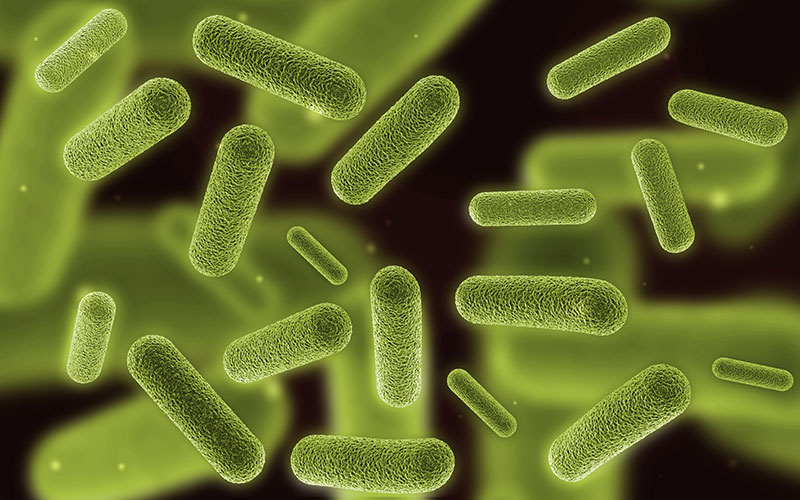Agricultural Ecologist Awarded ‘Genius Grant’ for Climate Change Research in Ag

David Lobell, an agricultural ecologist from Stanford University, was named a 2013 MacArthur Fellow this week for his efforts to investigate the impact of climate change on crop production and global food security.
The prestigious MacArthur Fellowship, or “Genius Grant” is awarded by the John D. and Catherine T. MacArthur Foundation every year to a small group of talented Americans who “show exceptional merit and promise for continued and enhanced creative work.” This year’s prize is $625,000 and is no-strings-attached, paid over five years.
“I’m the least likely person to be in agriculture. The biggest field I ever saw growing up was going to a Mets game at Shea Stadium…But as a grad student I got into the field and that really inspired me,” Lobell remarked on a video published on the MacArthur Foundation website. “I’m interested in how to feed a world that has 7 billion people and more and how to do that in an as environmentally friendly way as possible.”
Lobell, 34, has gained recognition for unearthing informative, but often underutilized, sources of data in his research on the effects of climate change on agriculture. According to the MacArthur Foundation website, Lobell conducted research projects spanning major agricultural areas in Africa, South Asia, Mexico and the United States, using a wide array of methods and tools to study how factors such as temperature and moisture have affected crop yields over time and to project the consequences of future climate change on food production.
He said that in the case of wheat, which is the most widely grown crop in the world, remarkable warming has taken place in most countries in the world growing wheat over the past two to three decades. “An average growing season now is similar to the warmest growing season 30 years ago. If I’m playing catcher in a baseball game, where I can give them a good target, they know how to hit that target if they know where it is. One of the things we’ve been pointing out is that if you’re aiming at the target which is the climate of 20 or 30 years ago, you might not be doing very well if that’s shifting. It’s really a matter of working together to figure out that you have the goal right, then using every tool in your toolbox to reach that goal.”
For one influential paper on trials of maize varieties in Africa, for example, he used an untapped wealth of historical data from experimental farms in the sub-Saharan area, which he correlated with records from meteorological stations throughout the region in order to analyze the effect of drought and temperature on yields, according to the MacArthur Foundation website.
“Lobell’s findings indicate that maize is much more sensitive to heat extremes and drought conditions than previously understood and demonstrate that even varieties engineered to have high heat and drought tolerances suffer marked yield losses when exposed to temperatures above 30 degrees Celsius,” the site stated. It added that the design of Lobell’s study has also opened new avenues for related research on other staple crops – such as wheat, soybeans and rice – in geographic locations in North and South America and Central and South Asia.





